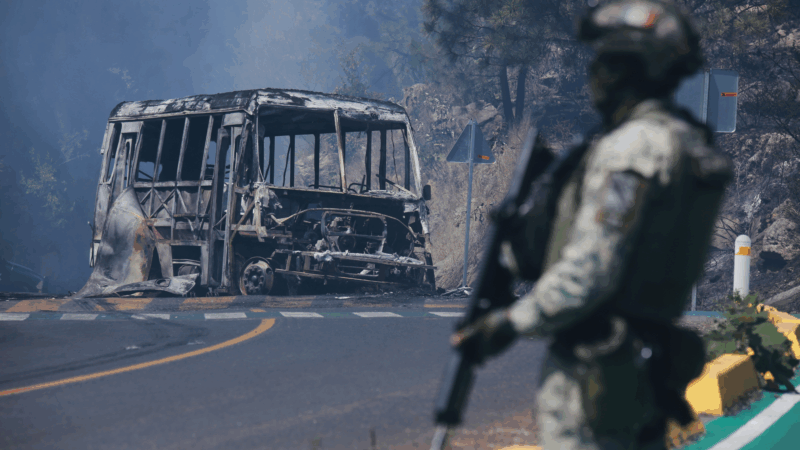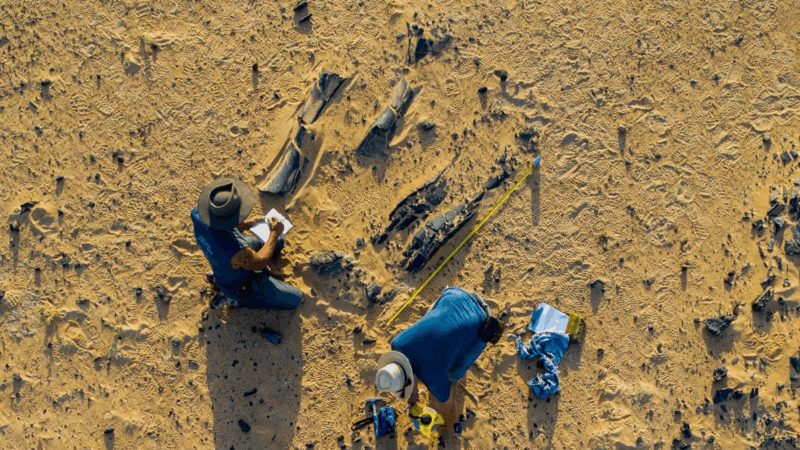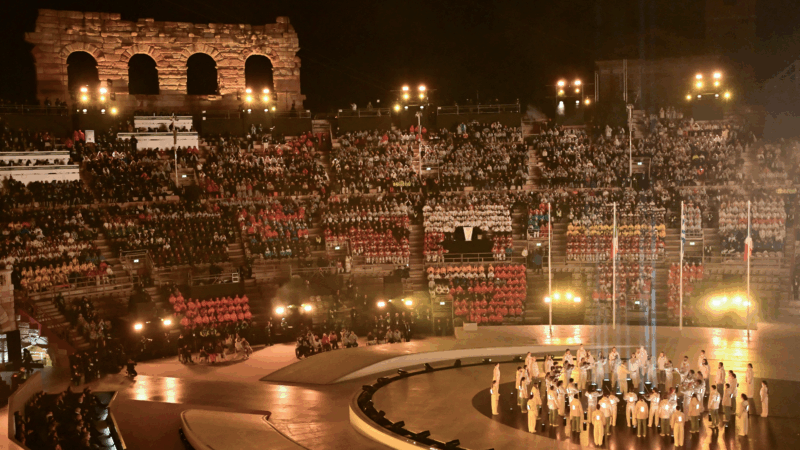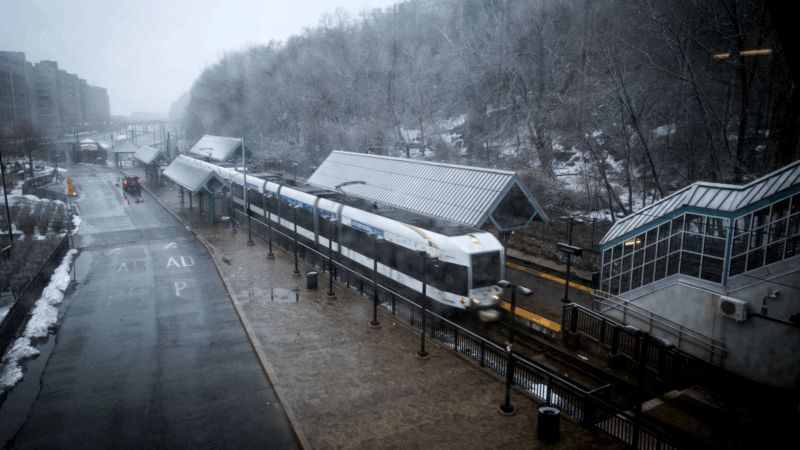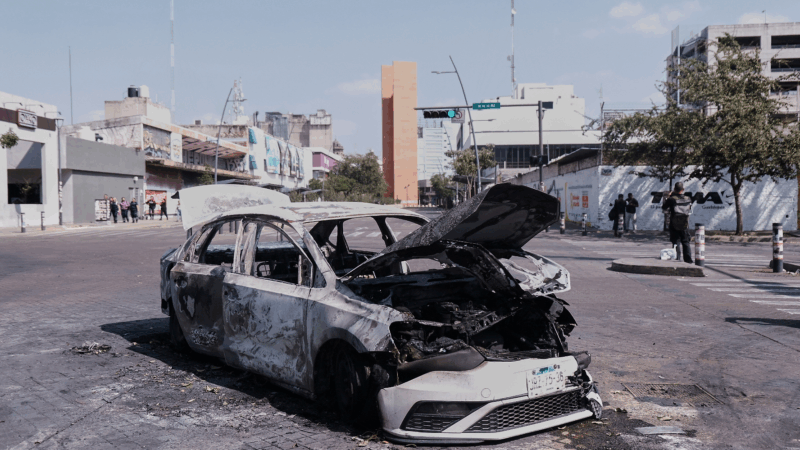U.S. Steel Announces Closure of Fairfield Works
In Birmingham, it’s the end of an era. The city was founded and fueled by the steel industry. But U.S. Steel announced Monday it would close its Fairfield Works mill just west of the city leaving about 1,100 workers without jobs. It’s a noteworthy passing for a city that still identifies with an industry now found mostly in historic pictures.
To understand how much Birmingham honors its steel city roots, just look up. On Red Mountain, south of the city center, is a 50-ton iron statue of the Roman god Vulcan. With an arrow in one hand and hammer in the other, Vulcan represents the industrial history of Birmingham, which was once called the Pittsburgh of the South.
Vulcan Park and Museums’ Education Director Mark Akerman says company towns sprung up around steel plants as did stores.
“You had your butcher, you had your post office,” said Akerman. “Then you had things like baseball. Company towns had baseball teams that helped entertain everybody. And they had dancers and they put on plays. And they do all these fantastic things to keep the workers happy.”
Of course, Birmingham-area leaders today are not happy with the news U-S Steel would close its blast furnace starting in November.
“[It’s] quite devastating,” said Kenneth Coachman, mayor of Fairfield, a planned company town adjacent to the plant. It opened about a century ago and made steel used to build ships during World War I. Coachman says he wasn’t surprised about the closure. U.S. Steel had laid off scores of workers in recent months.
“They kind of were kind of preparing you for this in increments,” said Coachman. “That’s the way I see it.”
A statement from U.S. Steel says the decision to permanently close the plant was necessary to improve efficiency and keep the company competitive. The mill closure comes as U.S. Steel is negotiating a new contract with the United Steelworkers union. A statement from the union blamed “unfairly traded steel imports,” in particular from China.
Industry analyst Charles Bradford says in this case it’s not about imports. It is about competition. He says U.S. Steel is losing ground to smaller mills in the U.S. that are more efficient and not-unionized. Still he says the strong dollar poses a problem for steelmakers.
“It’s the strong dollar that leads to imports,” said Bradford. “The industry likes to claim dumping and all kinds of other things. It’s the strong dollar that makes imports less expensive.”
Today, Birmingham’s economy is less dependent on the steel industry with medicine and higher education now dominating. Foreign automakers, such as Mercedes-Benz, Honda and Hyundai, have major operations in the state. Fairfield Mayor Kenneth Coachmen says the plant closure announcement is a setback, but not insurmountable.
“Fairfield has to forge ahead and as we have before and I believe we will do it again,” said Coachman.
He says there is a silver living. U.S. Steel says it will keep open an associated operation that makes steel pipe. That keeps about 700 jobs. Far from the ten of thousands once employed across the region.
Mexico fears more violence after army kills leader of powerful Jalisco cartel
School was canceled in several Mexican states and local and foreign governments alike warned their citizens to stay inside following the army's killing of the leader of the Jalisco New Generation Cartel, Nemesio Rubén Oseguera Cervantes, "El Mencho," and the violence it spurred
Newly discovered dinosaur species was a fish-eater with a huge horn
The semi-aquatic dinosaur, Spinosaurus mirabilis, was discovered by an international team of scientists working in Niger.
Reporters’ notebook: The Olympics closing ceremony is way more fun than you’d think
Olympics opening ceremonies tend to get more love than their closing counterparts. But a pair of NPR reporters who watched both in Italy left with a newfound appreciation for the latter.
Northeast readies for a major winter storm, with blizzard warnings in effect
New Jersey through Massachusetts could see 2 feet of snow. New York City's mayor said the city had not "seen a storm like this in a decade."
Mexican army kills leader of Jalisco New Generation Cartel, official says
The Mexican army killed the leader of the powerful Jalisco New Generation Cartel, Nemesio Rubén Oseguera Cervantes, "El Mencho," in an operation Sunday, a federal official said.
Ukraine’s combat amputees cling to hope as a weapon of war
Along with a growing number of war-wounded amputees, Mykhailo Varvarych and Iryna Botvynska are navigating an altered destiny after Varvarych lost both his legs during the Russian invasion.


